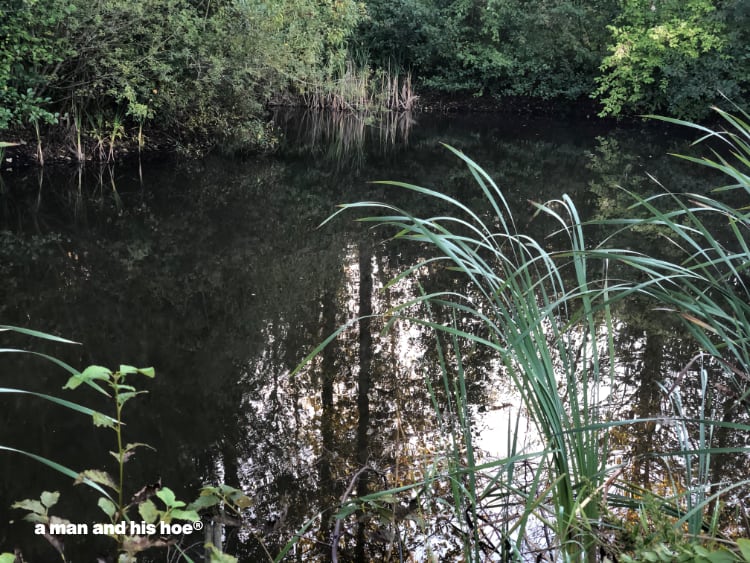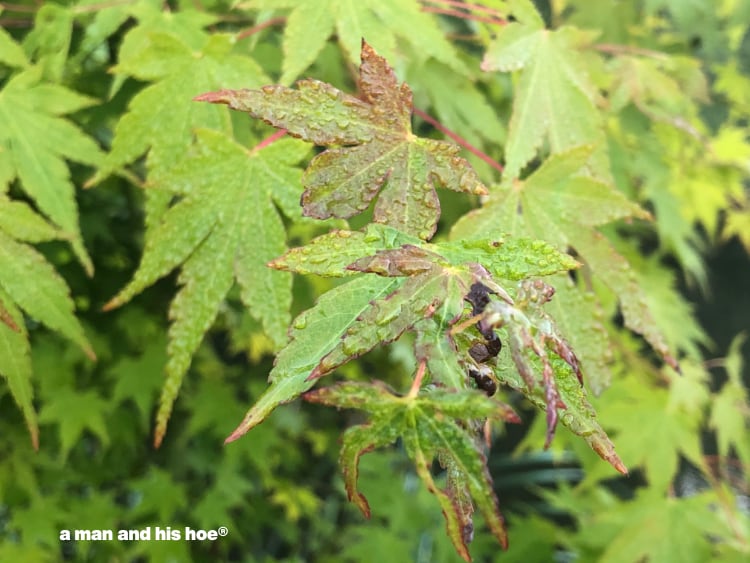
The first blush of fall has tinged the maple leaves. It is getting cold enough at night for the leaves to start changing. The morning sun rays filtering through the towering cottonwoods are starting to show hints of yellow and orange among the leaves.
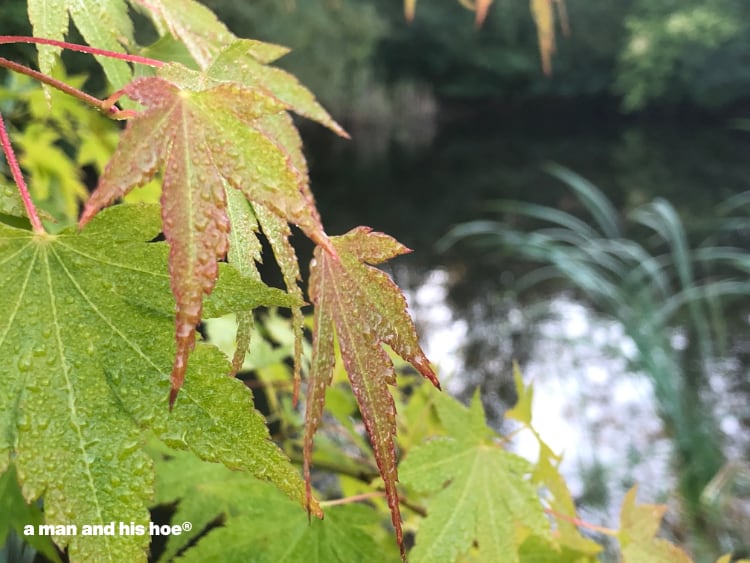
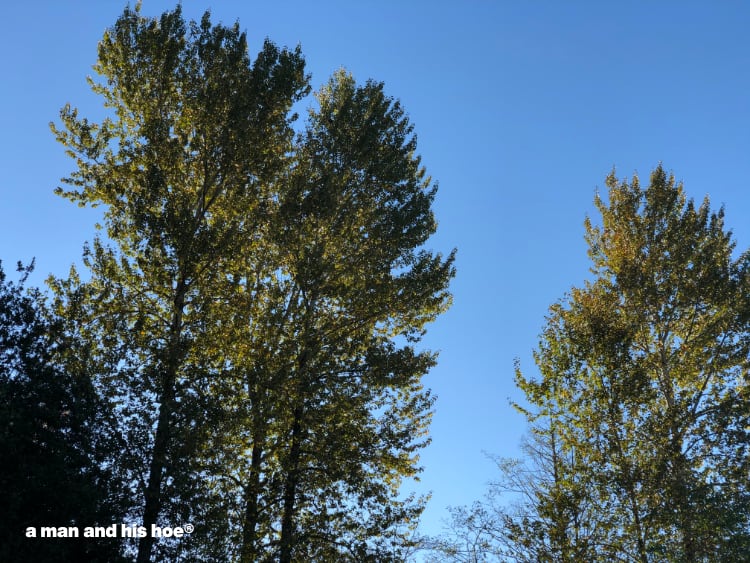
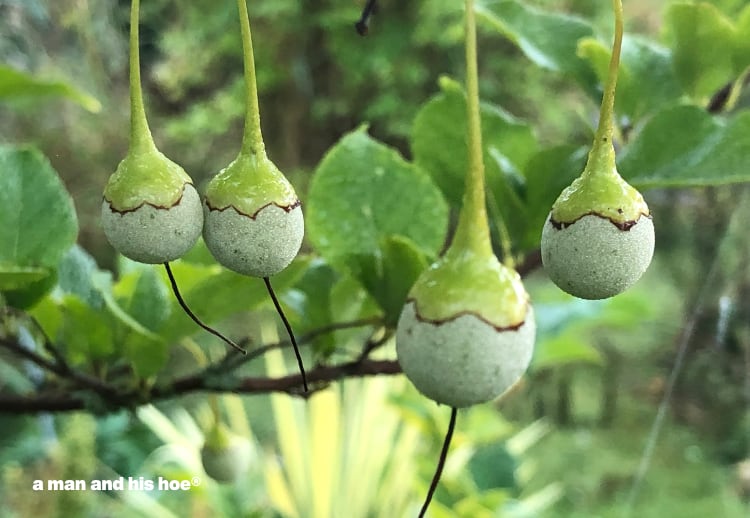
Back when we lived in Seattle, I loved the Japanese Snowbell (Styrax Japonicus) trees that were in our old neighborhood. So they were among the first trees I planted when we moved here in 2005. As lovely as their spring flowers are, so are their fall berries. They look like miniature Christmas tree ornaments.
The Japanese word for them, エゴノキ – ego-no-ki (ego tree), is not so flowery. The first part, ego, comes from the fact that when you put the berries in your mouth, they are very エグい – egui, sometimes pronounced egoi, which means acrid or astringent. So, as beautiful as the berries are, don’t try and eat them. Their skin contains a type of saponin, which can be poisonous. The trees may never have caught on in this part of the world if their English name was Acrid Tree. Someone decided to call them Snowbells instead. But who? Certainly someone who enjoyed seeing the first blush of fall.
The technical name for these berries are drupes, which are “indehiscent fruits in which an outer fleshy part surrounds a single shell of hardened endocarp with a seed inside.” And indehiscent fruits are those which don’t split open as they mature the way dehiscent fruits do.
So could you say that someone who doesn’t reveal themselves is indehiscent as in:
Martha never could tell what her indehiscent child was thinking.
Perhaps not. Few like to read prose or poetry where you have to keep looking up words in a dictionary to figure out what the author meant. Certainly not anyone who enjoys the first blush of fall.
